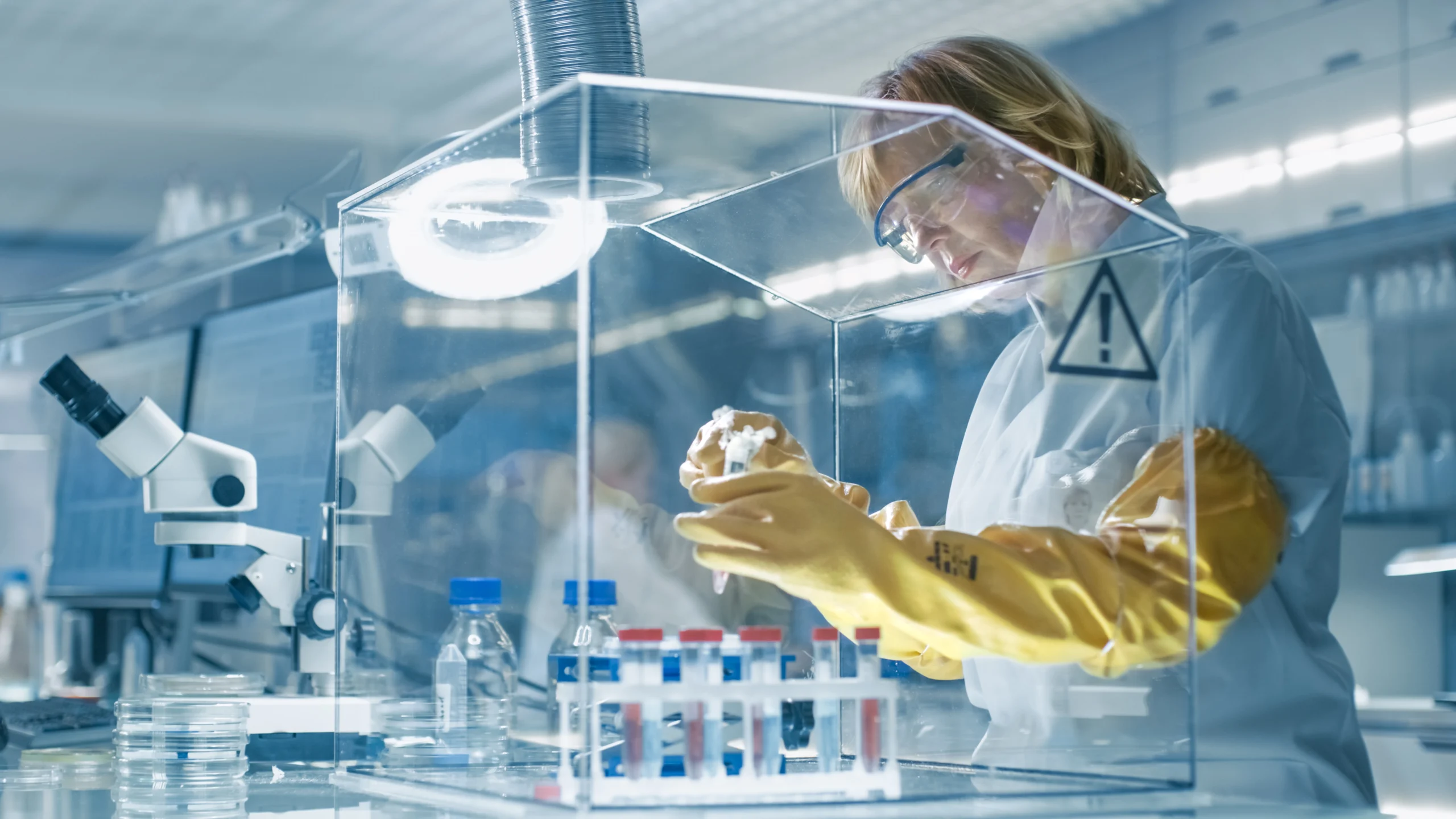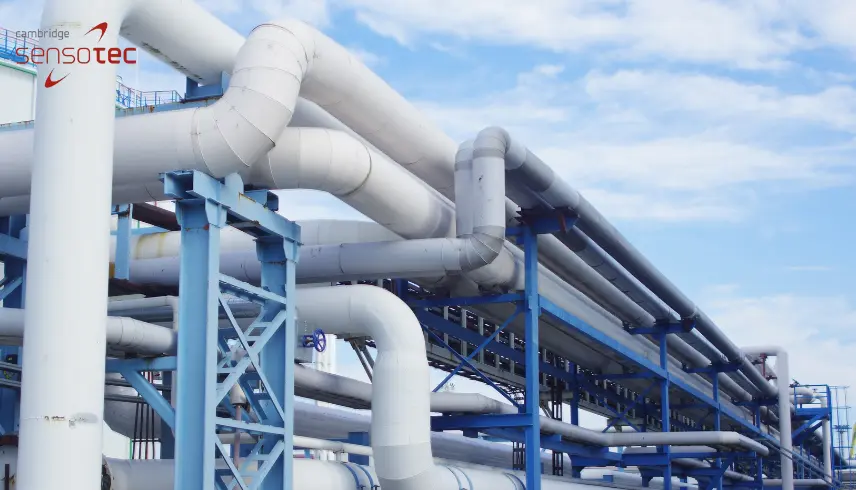

Gas Analysis in Power Generation: Optimising Efficiency and Reducing Emissions
Introduction
Understanding Gas Analysis in Power Generation
Monitoring Combustion Processes
Gas analysis instruments are deployed at various points within power generation systems to monitor combustion processes. By analyzing the composition of flue gases, including oxygen (O2), carbon dioxide (CO2), carbon monoxide (CO), and nitrogen oxides (NOx), operators can assess combustion efficiency, fuel-air ratios, and combustion stability. This data enables adjustments to fuel delivery, air intake, and combustion parameters to optimise efficiency and reduce fuel consumption.
Emissions Monitoring and Compliance
Gas analysis is crucial for monitoring emissions from power generation facilities to ensure compliance with environmental regulations. Continuous monitoring of pollutants such as NOx, sulfur dioxide (SO2), and particulate matter (PM) allows operators to identify emission sources, assess the effectiveness of pollution control measures, and demonstrate compliance with emission limits. Additionally, real-time emission data enables proactive measures to mitigate environmental impact and minimise pollution.
Optimising Efficiency and Reducing Emissions
Improving Combustion Efficiency
Gas analysis provides real-time feedback on combustion conditions, enabling operators to fine-tune combustion parameters for optimal efficiency. By maintaining the ideal stoichiometric ratio and minimising excess oxygen levels, power generation facilities can maximise heat transfer efficiency and minimise fuel consumption. Additionally, gas analysis facilitates the detection of combustion inefficiencies, such as incomplete combustion or flame instability, allowing for timely corrective actions to be taken.
Minimising Environmental Impact
Effective gas analysis is instrumental in reducing the environmental footprint of power generation operations. By monitoring and controlling emissions of pollutants such as NOx, SO2, and CO, power plants can minimise their contribution to air pollution and mitigate environmental harm. Furthermore, the data provided by gas analysis enables the implementation of advanced emission control technologies, such as selective catalytic reduction (SCR) and flue gas desulfurisation (FGD), to further reduce emissions and ensure compliance with regulatory standards.
Cambridge Sensotec Solutions for Power Generation
Cambridge Sensotec offers a comprehensive range of gas analysis solutions tailored to the needs of the power generation industry. Our advanced gas analysers provide accurate and reliable measurements of key combustion gases and emissions, empowering power plant operators to optimise efficiency, reduce emissions, and maintain regulatory compliance. With state-of-the-art instrumentation and unparalleled expertise, Cambridge Sensotec is committed to supporting the transition to cleaner and more sustainable power generation technologies.
Conclusion
In conclusion, gas analysis plays a critical role in power generation by optimising efficiency and reducing emissions. By monitoring combustion processes, analysing emissions, and providing actionable insights, gas analysis enables power plant operators to maximise efficiency, minimise environmental impact, and ensure compliance with regulatory requirements. As the energy sector continues to evolve towards cleaner and more sustainable practices, the importance of gas analysis in power generation will only continue to grow.


